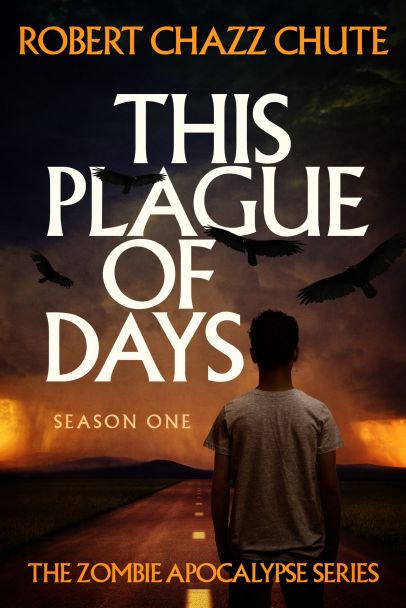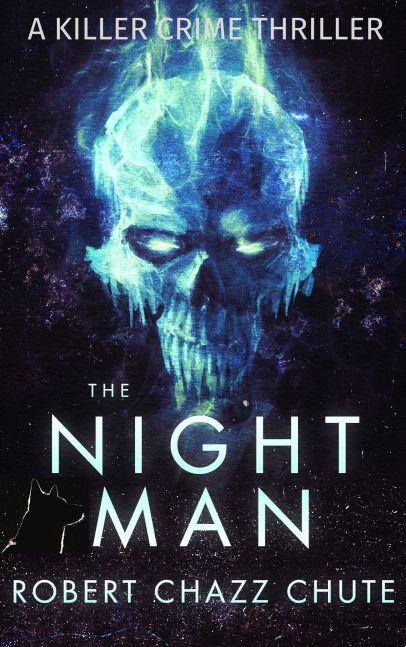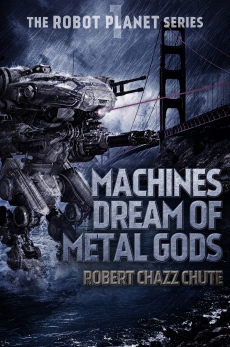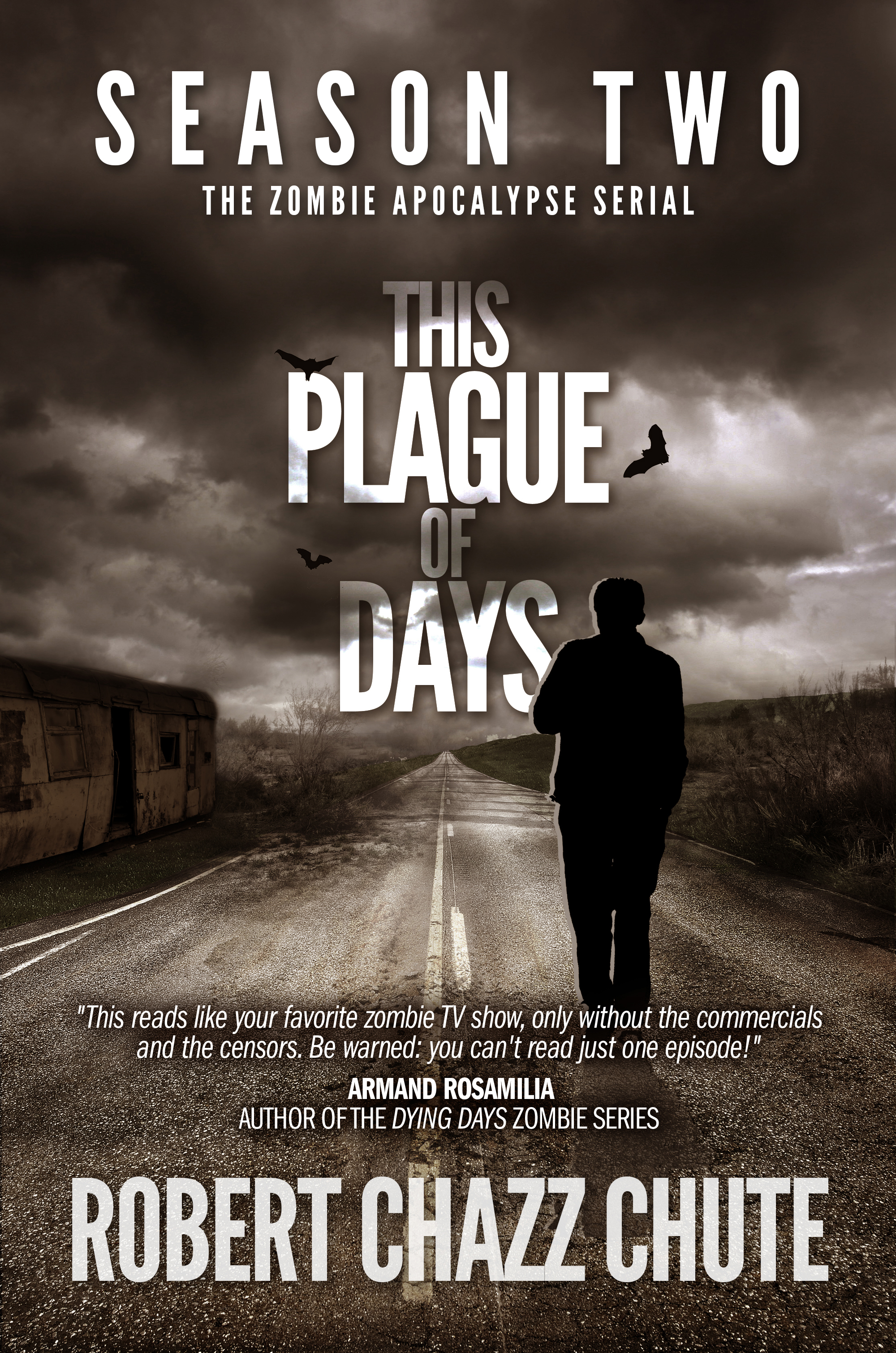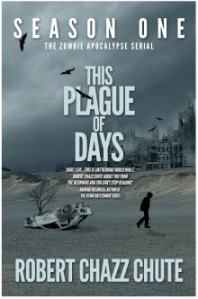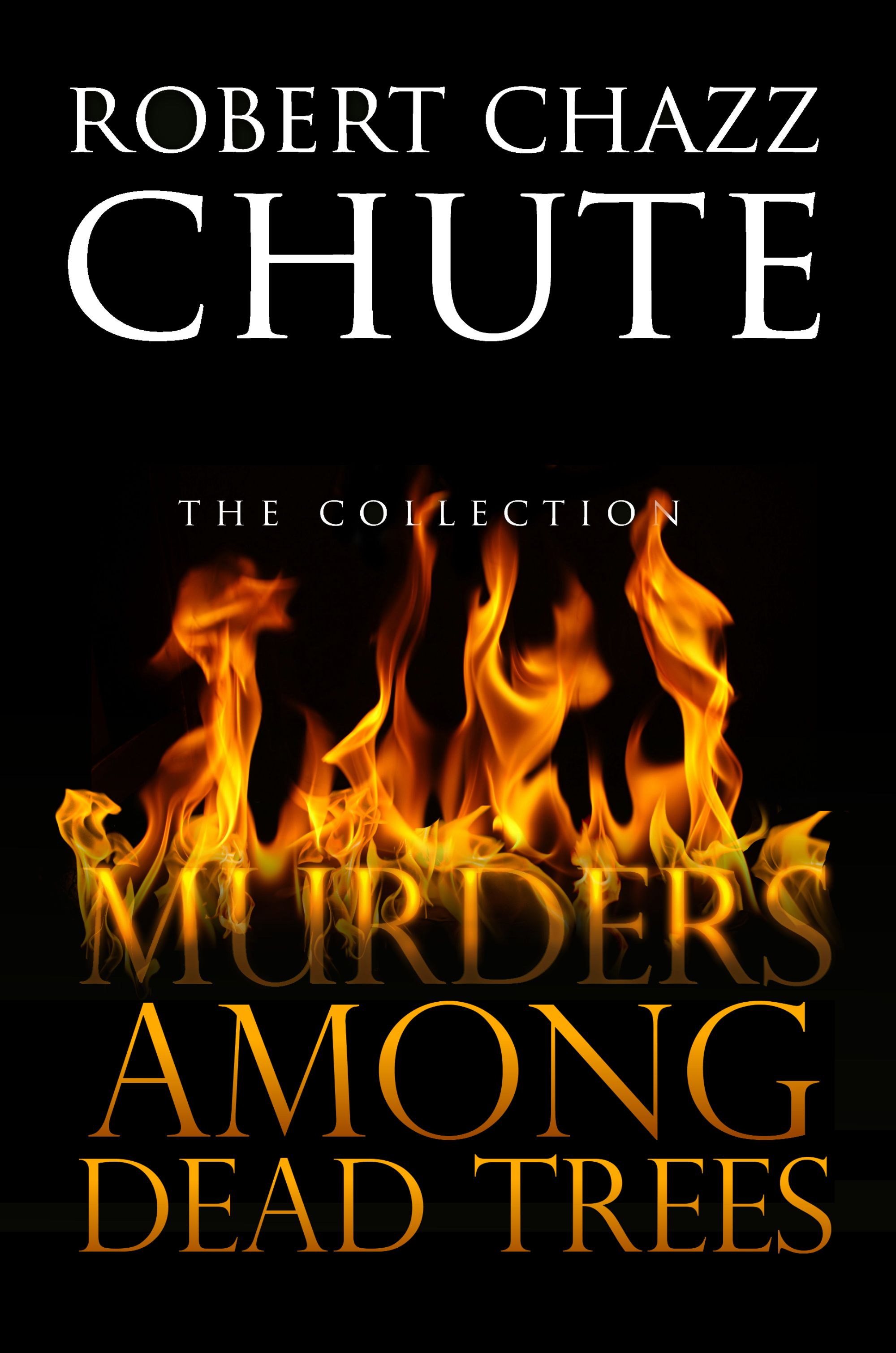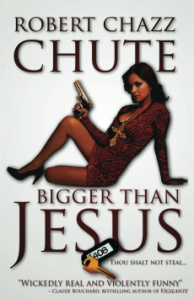When I did my Bookbub promotion of This Plague of Days, Omnibus Edition, my dentist said, “You’re giving it away? Really?”
“Yup.”
“Okay.” He chuckled at me. He also didn’t know what I know.
That giveaway boosted my author rank and sales after the promotion was over. Most important to me was getting more reviews on that property. I got more reviews, thank Thor. The giveaway met my goals. If I had stuck to one genre (horror/fantasy) I would have seen more profits, too. However, I write across genres so that’s on me. My crime novel readers are not typically my horror and fantasy readers. Though there’s a little cross-pollination, readers are often fiercely interested in only one genre, no matter how much action and fun they’d find in Hollywood Jesus (my favorite of the Hit Man Series.)
This week I’ve put just about everything except the Plague of Days series up for sale (just 99 cents!) on Amazon. That sale will end soon, but in the meantime, my strategy seems to have worked. But perhaps not as you or I expected.
Here’s the thing:
You never know which book will crash hardest or fly highest until you put it out there.
I happen to think Murders Among Dead Trees might be my best book. However, it’s a collection of short stories. Collections are notoriously difficult to sell. The collection features several award winners yet it still only has four reviews on Amazon. My Cyber Week Sale hasn’t moved more than one or two copies of Murders Among Dead Trees.
A few more people bought Self-help for Stoners this week, but the sales numbers don’t bowl me over. Self-help for Stoners is a fun and quirky little short story collection that sells a little at a time, but steadily, and the paperback sells more than the ebook, especially this time of year. (You’re thinking it sells because of Christmas. I think it sells because there’s a great story about how to get away with murder using a skunk.)
A cursory glance might make you think that big free works and little 99 cent pulse sales don’t work.
That’s not what I get from this sales experiment. My sales of This Plague of Days (which stayed at their old price) went up.
99 cent pulse sales can boost visibility, but readers still have their favorite things to read and This Plague of Days outsells everything else I’ve done. I promoted everything else but buyers still gravitated to what are already my most popular books even though they weren’t on sale!
Price matters less to some buyers. For those who are price sensitive, they still have the opportunity to pick up some great books for 99 cents. I have no regrets. The occasional pulse sale can move books…just not necessarily the books we think they will move. I’m also happy to give readers a break on price this time of year. Without cheap ebooks, a lot of people don’t feel they can afford to read more books. Believe me, I understand. This is a tough time of year for a lot of us and I’m glad to help stretch a dollar’s value.
My conclusions:
Write more books to get more shots at the readers’ sweet spot. Write more books to figure out what readers want most from you. (Authors can be terrible judges of what readers want unless we have empirical evidence, like sales numbers.)
To get more out of pulse sales, consider promoting them more than I did. I relied on my G+, Twitter and Facebook networks for my Cyberweek giveaway. Bookbub and several other sites promote 99 cent books as well as free books. I didn’t plan ahead with paid advertising, but I didn’t want to spend money on the giveaway if I could avoid it at this time. (Holding back might have been a mistake.)
Many authors prefer the 99 cent buyer to free seekers. That tiny commitment may tend to attract more committed readers instead of hoarders who may never get around to reading the books they download. (And why not? Supermarket chains have figured out that a mere quarter is enough to reduce the drastic loss of very expensive shopping carts.)
If you’re trying to make a living from your writing, write more books like the ones that are already successful for you. That’s why my next book is The Haunting Lessons, now available for a short time for free on Wattpad. It has some commonalities with This Plague of Days, but is more upbeat, faster and funny. I’ll put the whole book up on Wattpad, but I’ll take it down when it’s published on Amazon, closer to Christmas 2014.
Until then, you can read The Haunting Lessons for free by clicking the cover below. Enjoy it now because its time on Wattpad is running out.
What’s your experience with free versus 99 cent sales?
~ Please check out my author site at AllThatChazz.com.
Filed under: author platform, book marketing, My fiction, writing tips, Amazon, Amazon sales, cheap books, Cyber Friday, cyber week, ebook sales, fantasy, free books, giveaways, Haunting Lessons, hollywood jesus, horror, Murders Among Dead Trees, omnibus, Robert Chazz Chute, self-help, self-help for stoners, Stoners, This Plague, This Plague of Days, urban fantasy, zombies






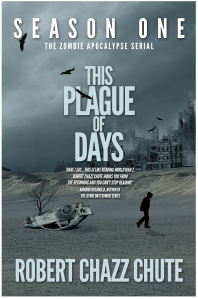
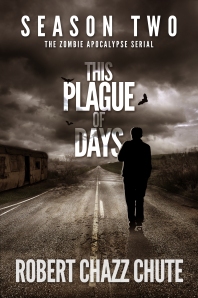

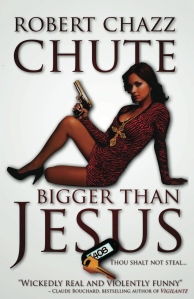
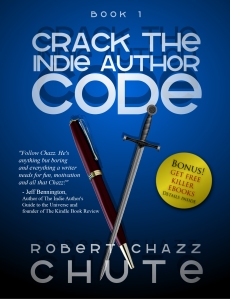

![Pageflex Persona [document: PRS0000039_00004]](https://chazzwrites.files.wordpress.com/2013/10/tpod-pb-2.jpg?w=406&h=288)
